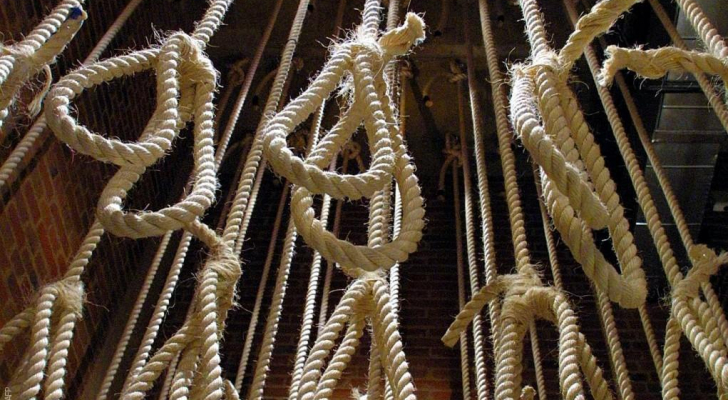The latest reports of 2024 outlined an alarming trend in soaring death penalties in Saudi Arabia. The European Saudi Organisation for Human Rights (ESOHR) affirms that at least 172 executions were pursued in 2023. Over this number, the European Centre for Democracy and Human Rights (ECDHR) highlights persistent discrimination in applying the penalty. According to the NGO, Saudi Arabia is primarily targeting domestic workers, foreign nationals, and low-level drug offenders. Since 2015, the Bin Salman family has officially approved the execution of 1,257 people.
Nonetheless, the accuracy of this number remains dubious due to the lack of transparency of the state’s judiciary. As an example, the state refused to hand in official data on yearly death penalties happening in Saudi Arabia to the UN. This reluctance by the authorities suggests that the actual number of death penalties is likely to be higher.
According to the official numbers, the executions increased by 15% compared to last year. Looking at the executions by gender, 166 males and six females were executed. The critical aspect that raises concern over the use of the death penalty is that more than 70% of sentences were not issued for the most severe charges. For example, after excluding the death penalty for drug-related crimes in 2020, Saudi Arabia reintroduced it in 2022. Furthermore, in Saudi Arabia, it is possible to sentence a person to the death penalty for three reasons: 1) Qizas, 2) Ta’zir, and 3) Hadd. The last two types of sentences raise the most significant concerns. Hadd are fixed for specific charges of Islamic law or crimes considered offences against society, which may include protesting against the government. Judges have wide leeway to decide what constitutes a ta’zir crime and are consequently able to inflict the death penalty for a large band of issues, including minor drug infractions.
The issues related to the death penalty in Saudi Arabia encompass different negligence of the state. Firstly, the working system of the judiciary is subject to the crown and accompanied by relevant flaws. ESOHR showed that Saudi Arabia carries executions without informing the families on the legal progress of the case. In addition, the state does not disclose the actual number of cases of death penalties to the public. This secrecy could be part of a government strategy to present itself as progressive. King Salman has systematically promised his willingness to reform and improve the state. Neglecting his responsibilities, he blamed the Saudi judges for emitting such verdicts, continuing the propaganda of a tolerant state. Indeed, the use of the death penalty represents a tool of the crown to suppress dissent.
ADHRB condemns the use of the death sentences by Saudi Arabia and is concerned by what the real numbers can be. In particular, the reports of Saudi Arabia show that the penalty is still inflicted on minors. International human rights standards prohibit the infliction of the death penalty to minors as prescribed by Article 6(5) of the ICCPR. More generally, since 1984, the UN Economic and Social Council has adopted safeguards for the rights of those facing the death penalty. Nonetheless, Saudi Arabia abstains from progressively reducing the number of offences punishable by death. Consequently, ADHRB urges the international community to pressure the government and reiterate the need for more transparent information over the real numbers.





